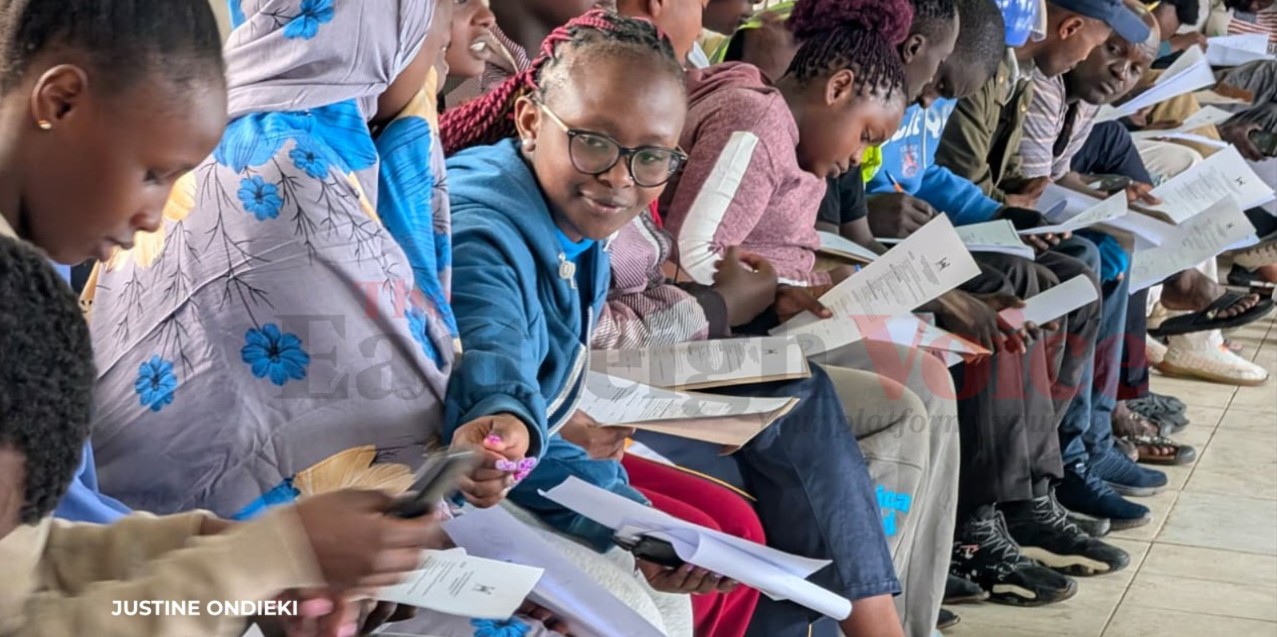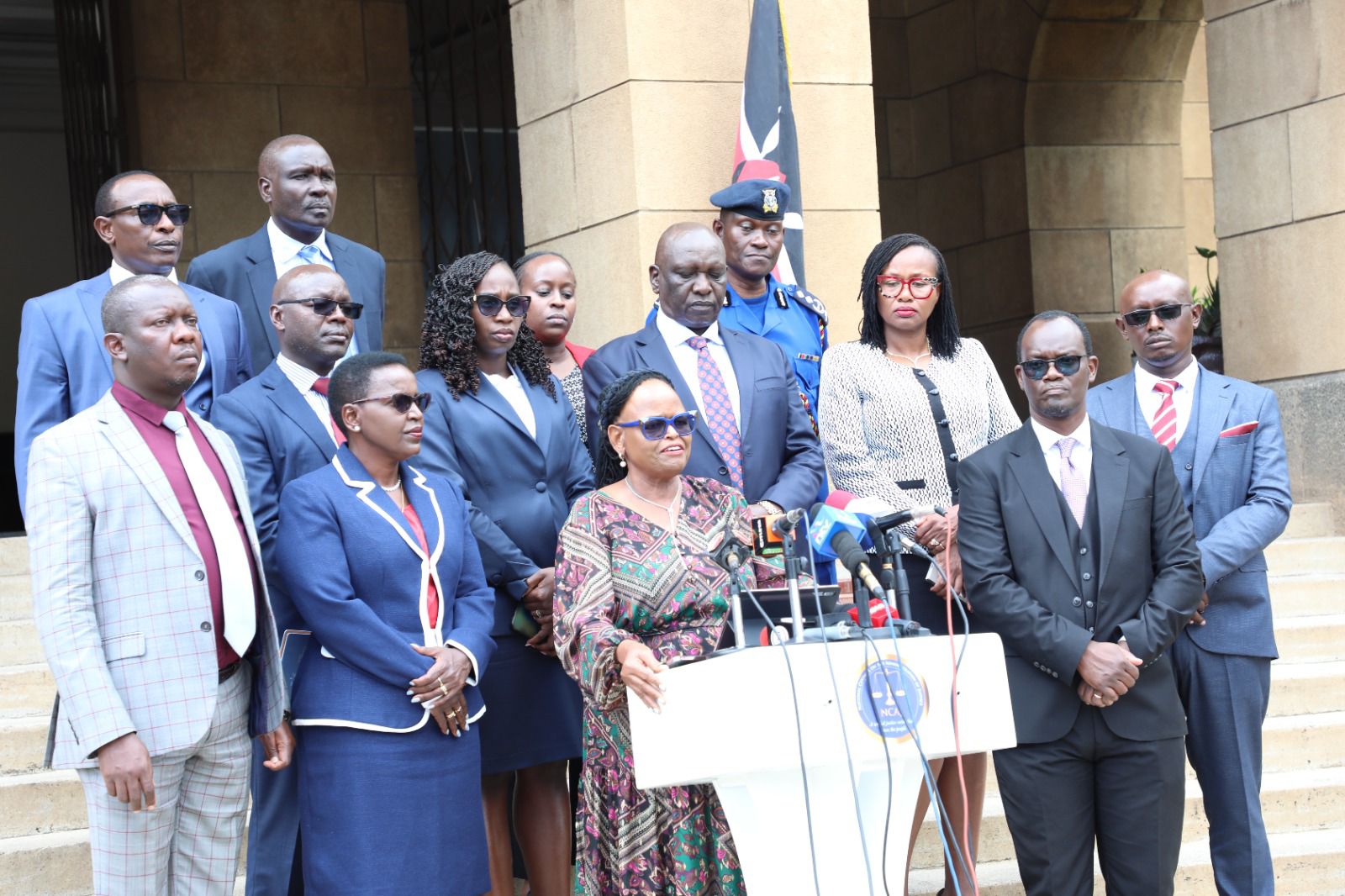EPRA proposes new regulations to compensate customers for blackouts

Should the proposal become law, postpaid customers will see their bills netted off, while those on prepaid will get free tokens for their usage.
Kenyans may soon get compensated whenever electricity blackouts inconvenience their undertakings.
The Energy and Petroleum Regulatory Authority (EPRA) has now proposed fresh regulations that will see Kenya Power and Lightning Company (KPLC) compensate customers after blackouts.
More To Read
- Fuel prices hold steady for December–January despite fluctuating global oil costs
- Three-week drop in benchmark crude sets up Kenyans for further fuel price relief
- Consumers to get more units for less as electricity tariffs decline
- Matatus take EPRA and City Hall to court over ban on passenger pickups at fuel stations
- Kenya Power fast‑tracks talks with 54 producers after Parliament lifts freeze on PPAs
- Fuel prices remain unchanged in November EPRA review
EPRA gazetted the new regulations for Kenyans and stakeholders in the energy sector to exhaustively scrutiny and come up with suggestions on how to determine compensation for affected customers.
Should the Energy (Electricity Reliability, Quality of Supply and Service Regulations 2024) go through and become law, postpaid customers will see their bills netted off, while those on prepaid will get free tokens for their usage.
Currently, Kenya Power compensates Kenyans for injuries or damaged assets but does not have a provision for compensating those who suffer power losses that result in businesses incurring losses.
"A licensee shall be liable to pay appropriate compensation to a person if there is a breach in the quality of supply or irregularity of electricity supply by the licensee, provided that the breach is reported to the licensee in writing within 30 days of the occurrence of the breach," the regulations state.
The sole power provider to Kenyans, Kenya Power, has been toying around with the issue of improving its services in a move that has seen it go ahead to explain to Kenyans the reasons why the country sometimes experiences power blackouts.
Recently, it came out to explain the correlation between rains and power outages. In a post on X, Kenya Power refuted claims it 'unhangs' electricity from the transmission lines, stating that in a joint partnership with the Ministry of Energy and Petroleum, it had unveiled a backup National Control Centre to minimise outages.
EPRA has also been mulling limiting the number of times a customer is hit by a power outage to 20 per annum.
Available figures show that an average customer experienced 44.9 unplanned outages in the year ended June 31st 2023.
The proposed service code further restricts the cumulative duration of unplanned power outages – System Average Interruption Duration Indicator (SAIDI) – to 80 hours per year.
Customers are currently on a blackout for about 115.73 hours annually. Further, to ensure that unplanned blackouts last as briefly as possible, EPRA wants Kenya Power to improve from the current average duration of four hours and 52 minutes for each blackout. The proposals in the code restrict the duration of each blackout – Customer Average Interruption Duration Index (CAIDI) – to a maximum of four hours.
EPRA says Kenya Power must now shift to the new targets within one year of the distribution code being adopted. After five years, the targets will be further improved to a maximum of 15 unplanned blackouts each year, 45 hours of unplanned outages annually, and a maximum duration of just three hours per outage.
These rules, however, do not affect planned outages that normally occur after the power utility firm issues notices.
Top Stories Today













































